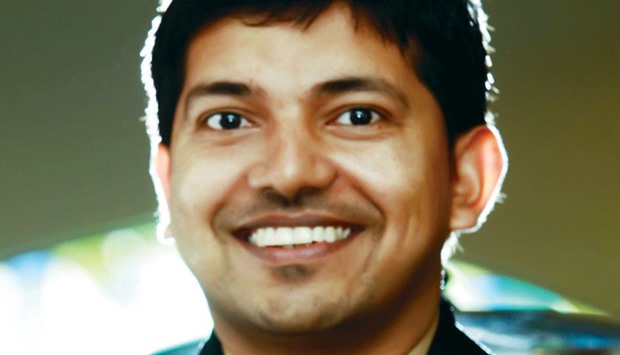The Vienna-based King Abdullah bin Abdulaziz International Centre for Interreligious and Cultural Dialogue (KAICIID) will help train 100 young volunteers to promote inter-religious dialogue in Kerala.
This “fellow initiative” Peace Education and Training (PET) was unveiled at the G20 Interfaith Conference held in Thiruvananthapuram recently in the wake of increasing Daesh (Arabic for Islamic State) activities in the state.
At least 21 youngsters, including six women, three of them in advanced stages of pregnancy, and four children, disappeared from the state in June, and some of them later informed their parents that they were with the “Islamic State” fighters.
However, Indian intelligence agencies could not either confirm them joining Daesh or their whereabouts so far even after the arrest of some of the people allegedly engaged in indoctrination.
“This will be an academic project for trainers of peace building and interreligious engagements at various levels from healthy dialogues to harmonious coexistence with selected 100 students,” KAICIID fellow Dr Abbas Panakkal said.
KAICIID is an intergovernmental organisation jointly established by Austria, Saudi Arabia, Spain and The Holy Sea and collaborated with the UN agencies, national governments and internationally active religious and interreligious groups.
“We promote and employ interfaith dialogue to support conflict prevention and resolution, sustainable peace and social cohesion, mutual respect and understanding among different religious and cultural groups and counteract the abuse of religion to justify oppression, violence and conflict,” he said.
They select the candidates through aptitude tests and motivation sessions.
“After successful completion of the pilot project, a peer team will take the feedback and evaluate the influence of peace education and training,” he said.
“The primary responsibility is to develop materials and modules built on the antiquity, chronicle, memoir and development policy to equip these students with an interreligious understanding in Kerala where Muslims and Hindus had developed better co-existence from prehistoric time.”
Muslims constitute 26.56% of Kerala’s 33.3mn population which is 54.73% Hindu and 18.38%, Christian.
The project will impart intensive training activities for two months from early September.
Dr Panakkal has started visiting educational institutions meeting potential candidates.
The course materials will also be available online besides real and virtual contact classes.
The participants will get certificates from KAICIID which meets all expenses including transport and accommodation.
“This will be an academic training to facilitate interreligious rendezvous by developing a sense of virtuousness, integrity, coexistence, shared heritage and tradition of peace and harmony in everyday life,” he explained.
It includes convincing authorities the need of peace studies and IRD training in institutions, discussions on new curriculum development, faculty meeting on modules and allocation of class hours, workshop of composing modules for trainers and facilitators and directions for practical sessions in the society.
“The aim also includes the creation of interreligious awareness among the future religious leaders.
The students will get lessons in interfaith experiences and activities and enhance their skills through proper training to make them peace builders,” he said.
“It will nurture a religious society that longs for interreligious engagements and coexistence to foster openness and develop a creative sense for intercultural and interfaith understanding and actions.”
The project will also formulate a systematic syllabus and mechanisms for peace education and training besides creating new awareness.
“This is a pilot program. So we thought of beginning with students from various institutions. We will have a larger target group in the next phase,” said Dr Panakkal,
also a project co-ordinator of G20 Interfaith Summit and director of international relations, Ma’din Academy, Kerala.
“We hope the complete the entire project in Kerala within six months. It will set a model for universities here to follow.”
“In the following year, these selected students will be trainers, and they could influence the community and society they serve in future, contributing to sustainable development.”

Abbas Panakkal
